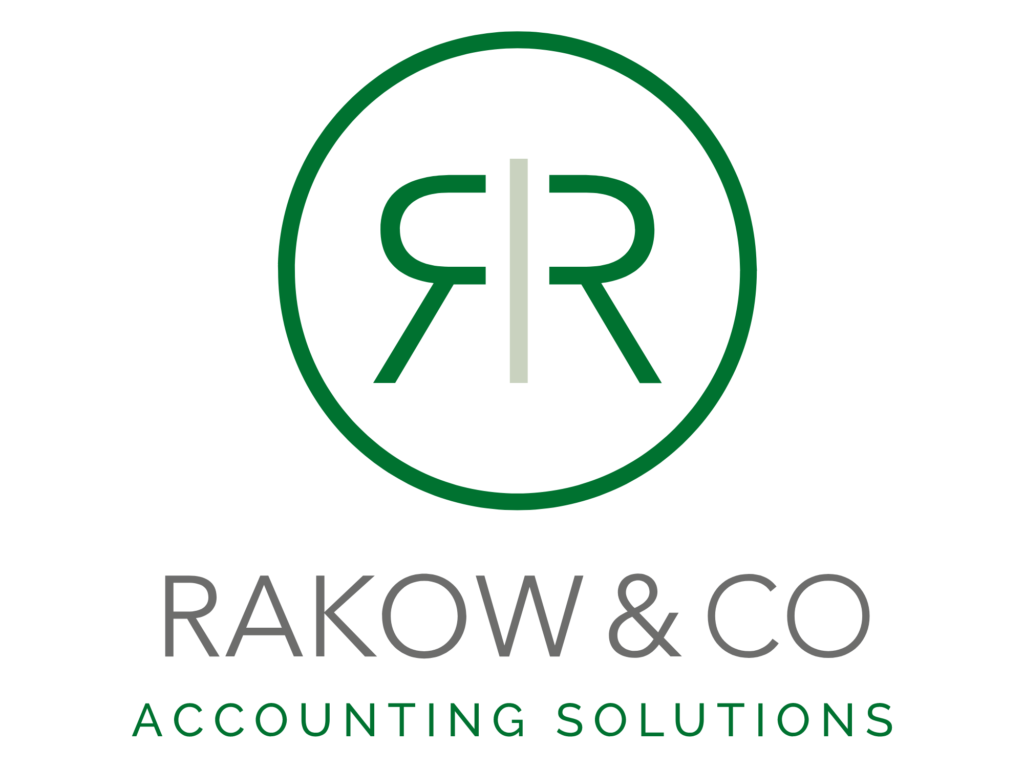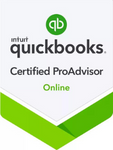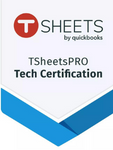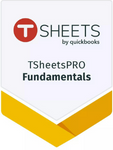15 Tips For An Effective DIY Bookkeeping Clean Up
Having a regular bookkeeping clean up session is essential for the maintenance of your accounting records. In this blog post, we’ll look at the importance of cleaning up your accounting records. We’ll also show you how to clean up messy bookkeeping while covering the benefits of using professional bookkeeping clean up services.

1. Review And Categorize Transactions
Begin by examining all financial transactions. Accurately categorize each one, ensuring that every expense and income is allocated to the appropriate account. Utilize software like QuickBooks to streamline this process.
2. Reconcile Bank Statements Regularly
Consistently compare your bank statements against your bookkeeping records. This critical step helps uncover discrepancies and ensures your financial records accurately reflect your actual cash status.
3. Address Outstanding Invoices and Bills
Actively pursue any unpaid invoices and settle outstanding bills. An effective accounts payable and accounts receivable clean up is essential for your records to represent your current financial situation accurately.
4. Update Asset Depreciation Schedules
If you own assets, regularly update their depreciation schedules. This ensures that your financial reports accurately reflect the value of your assets over time.
5. Eliminate Duplicate Entries
Scan your financial records for any duplicate entries and remove them. Ensuring your ledger is free from duplicates is crucial for maintaining clear and accurate financial records.
6. Establish A Clear Timeline
Set a realistic schedule for your bookkeeping clean up efforts. Breaking down the clean-up into manageable segments over set periods can make the task less daunting and more structured.
7. Organize Financial Documents
Sort and organize all your financial documents, such as receipts, invoices, and bank statements, before starting the bookkeeping clean up. This organization aids in a more streamlined and efficient clean-up process.
8. Backup Your Financial Data
Ensure you have a complete backup of your financial records before making any changes. This safety measure allows you to restore original data in case of any unintended alterations during the clean-up.
9. Maximize Accounting Software Use
If you’re using accounting software, fully leverage its capabilities. Familiarize yourself with its features for transaction categorization, report generation, and account reconciliation to boost your bookkeeping efficiency.
10. Maintain Regular Reconciliation
Implement a routine for regular account reconciliation, rather than waiting for an annual clean-up. Frequent checks, such as monthly or quarterly, can help catch and resolve discrepancies early, simplifying the overall clean-up effort.
11. Educate Yourself On Tax Deductions
Invest time in understanding which expenses are tax-deductible for your specific situation. This knowledge can lead to significant savings and ensure your records accurately reflect deductible expenses.
12. Utilize Online Resources
Explore online tutorials and guides for DIY bookkeeping. These resources can provide valuable step-by-step instructions and best practices to enhance your clean-up process.
13. Ensure Consistency In Categorization
Apply a consistent method when categorizing transactions. Standardized categorization simplifies future bookkeeping and minimizes errors.
14. Allocate Dedicated Time for Bookkeeping
Set aside specific times for focused bookkeeping work, free from distractions. Concentrated efforts lead to more accurate and efficient bookkeeping.
15. Seek Professional Guidance When Needed
If you face complex issues or uncertainties, consult with a bookkeeping or accounting professional. Their expertise can offer crucial insights and ensure the integrity of your financial records.

Why You Need An Effective Bookkeeping Clean Up
Deciding to do a bookkeeping clean up is more than just adding more admin to your already busy day and should be taken seriously. Let’s look at the reasons behind the necessity of maintaining organized financial records.
- Enhanced Financial Understanding: By cleaning up your bookkeeping records, you gain a clearer understanding of your financial situation. This clarity allows you to make informed decisions about your business or personal finances, helping you identify where you’re making money and where you can cut costs.
- Improved Tax Preparation: With organized records, you’re better prepared for tax season. You can easily access all necessary documents, which reduces stress and helps avoid costly mistakes or missed deductions. This organization can lead to potential savings and a smoother tax filing process.
- Better Cash Flow Management: A regular bookkeeping clean up helps you keep a close eye on your cash flow. You’ll know exactly how much money is coming in and going out, enabling you to plan ahead and ensure that you have enough cash to cover your expenses.
- Increased Accuracy: Cleaning up your bookkeeping eliminates errors and discrepancies in your financial records. This accuracy is crucial for maintaining trust with partners, investors, and lenders, and it ensures that your financial statements accurately reflect your business’s performance.
- Time Savings: Once your bookkeeping is organized and up-to-date, you’ll spend less time sorting through paperwork and more time focusing on growing your business or managing your personal finances. This efficiency can lead to better productivity and, ultimately, more success.
Why Hire A Bookkeeping Clean Up Professional?
Opting for a DIY approach to bookkeeping can be beneficial, but partnering with a professional offers a higher level of accuracy and efficiency. Here are several compelling reasons to consider hiring a professional to revitalize and maintain your financial records:
- Expertise And Precision: Bookkeeping professionals bring specialized knowledge and attention to detail to the task of cleaning up financial records. They possess the skills to manage complex transactions and reconcile accounts quickly and accurately, ensuring that your financial data is correct and comprehensible.
- Time And Efficiency Gains: By delegating the clean up of your books to experts, you free up your own time to concentrate on core business activities or personal priorities. This not only ensures that the bookkeeping clean up is conducted thoroughly but also enhances your overall productivity by allowing you to focus on areas where you excel.
- Proactive Problem Prevention: A seasoned bookkeeping professional does more than just organize your current records; they also establish systems and processes to avert future disarray. Their foresight and expertise help in maintaining the ongoing integrity of your financial records, preventing issues before they arise.
- Cost-Effective Solutions: While there might be an upfront cost to hiring a professional, the long-term savings can be significant. Accurate and well-maintained books reduce costly errors, streamline tax preparation, and can help avoid financial penalties or unnecessary expenses due to mismanagement.
- Customized Strategies: Bookkeeping professionals can provide tailored advice and strategies suited to your specific business needs or personal financial situation. This personalized approach ensures that your financial management practices are as effective and efficient as possible.
Learn More About Rakow & Co.'s Bookkeeping Services
Are you ready to neaten up your ledgers, and see how financial clarity changes your business or personal finances? Get in touch with us today. Our team has the expertise you need for a seamless process.
More Articles For You

Making The Most Of Tax Savings Through Proper Bookkeeping In NJ
Running a business in New Jersey (NJ) presents a unique blend of opportunities and challenges. NJ’s strategic position, broad economy, and lively market attract business

The Importance Of Accurate Bookkeeping For Ecommerce
Running an ecommerce business can be incredibly rewarding, but it also comes with its own set of unique challenges. With hundreds or even thousands of

Outsourcing Accounting Services For Ecommerce Business Optimization
Are you an ecommerce entrepreneur looking to streamline your operations and drive growth? One area that often gets overlooked but can have a significant impact





